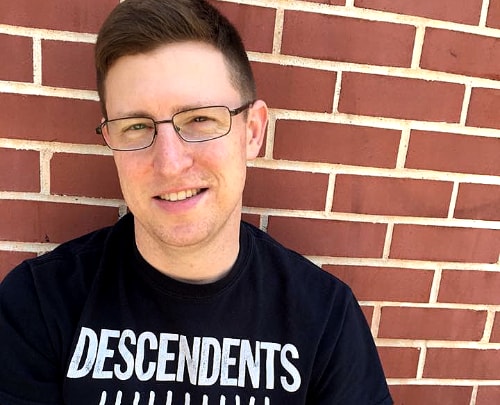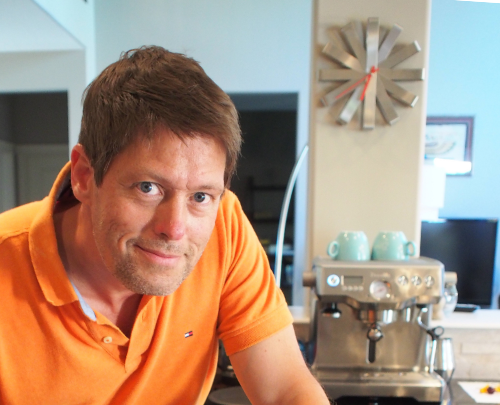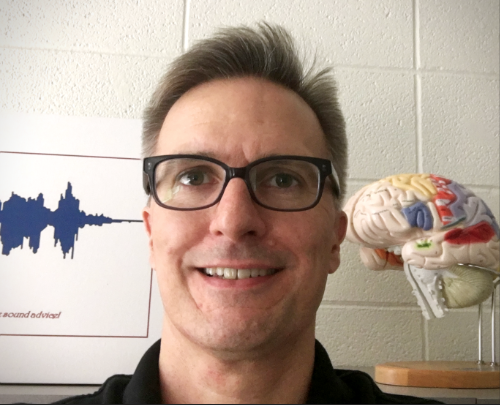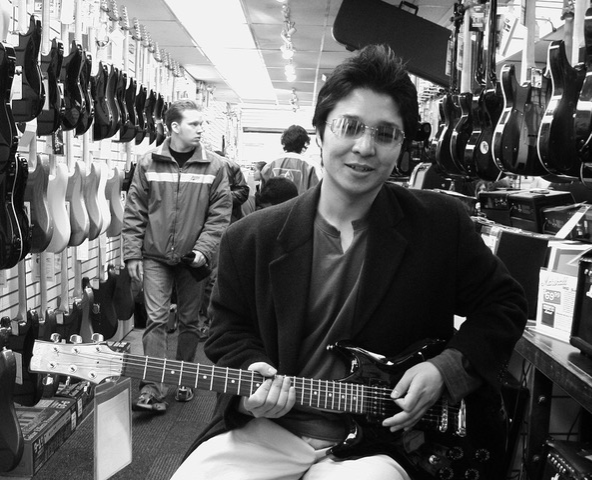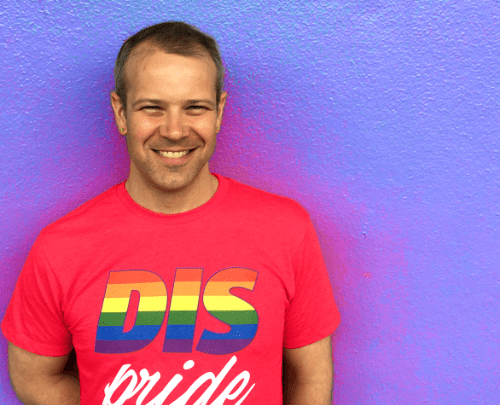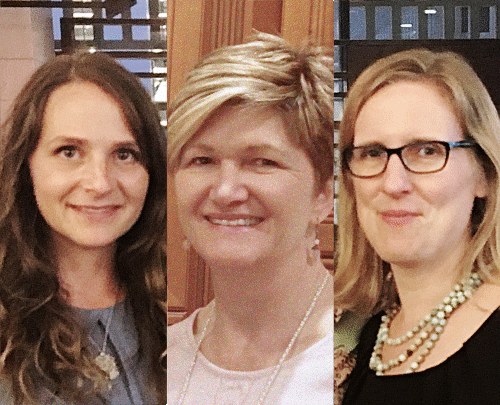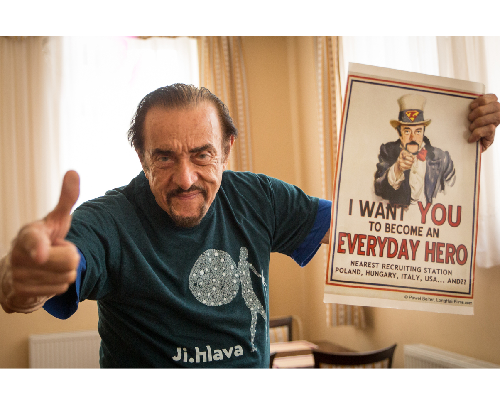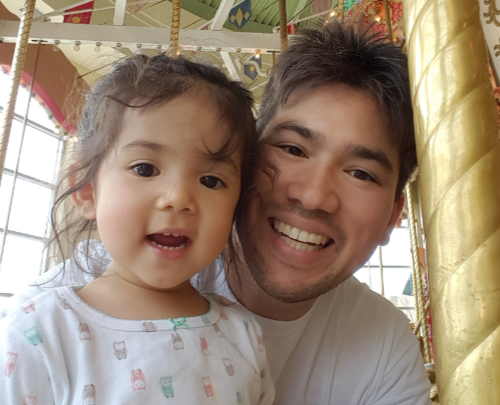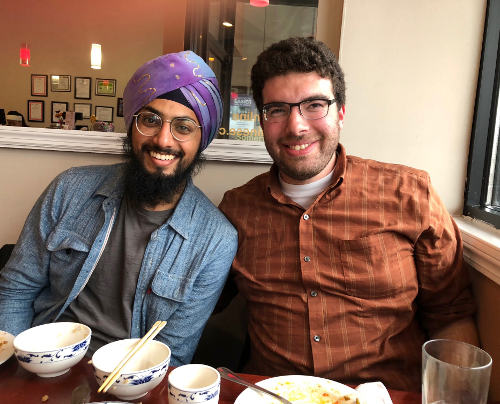Because 98% of the human genome doesn’t serve a direct role in gene expression, many biologists have long thought of them as nothing but “junk DNA.” But might they hold the key to helping stem the formation of deadly cancers? In episode 34, Mike Feigin from Roswell Park Comprehensive Cancer Center talks with us about his discovery of mutations in part of the human genome that most people have so far tended to ignore, but which appears to regulate the expression of genes which drive the formation of cancers.
Author: Parsing Science
- Parsing Science
- Biology, Medicine
- coding, pancreatic, mutations, expression, open-access, altmetric, cancer, ad:wss, genetics, paywalled
- Comments Off on Decoding Cancers’ Expression – Mike Feigin
Can we put the brakes on cancers’ ability to metastasize? In episode 33, John Lewis from the University of Alberta talks with us about his research into inhibiting cancer cell movement and metastasis through genomic targets.
- Parsing Science
- Psychology, Linguistics
- speech, ad:wss, words, Kansas, phonology, priming, illusion, music, song, open-access
- Comments Off on Speech-to-Song Illusion – Mike Vitevitch
Can auditory errors and illusions better help us understand how the brain works? In episode 32 Mike Vitevitch from the University of Kansas talks with us about his research into the cognitive mechanisms underlying the Speech-to-Song auditory illusion.
- Parsing Science
- Biology
- open-access, ad:wss, neuroscience, speech, hearing, sound
- Comments Off on Hearing Loss and Cognition – Yune Lee
Might early hearing impairment lead to cognitive challenges later in life? Yune Lee from the Ohio State University talks with us about his research into how even minor hearing loss can increase the cognitive load required to distinguish spoken language.
- Parsing Science
- Uncategorized
- Comments Off on Airing July 5th: Retaining LGBQ Undergrads in STEM with Bryce Hughes
Sneak peek of special LGBTSTEMDay episode, which airs July 5. Bryce Hughes will discuss with us his research into the retention of LGBT undergraduates in STEM. Bryce’s full paper, “Coming out in STEM: Factors affecting retention of sexual minority STEM students,” was published in Science Advances on March 14, 2018.
- Parsing Science
- Business, Psychology
- open-access, meaning, altmetric, careers, ad:wss, authenticity, jobs, identity, work
- Comments Off on Multiple Work Identities – Brianna Caza, Sherry Moss & Heather Vough
Brianna Caza, Sherry Moss & Heather Vough talk with us about their research into how people who hold down multiple careers at the same time can struggle to find their authentic identities in their work. For more information, including materials discussed during this episode, visit ParsingScience.org. Subscribe: iTunes | Android | RSS.
- Parsing Science
- Psychology
- open-access, Social Psychology, altmetric, disobedience, authority, Zimbardo, unjust, Milgram, authoritarianism
- Comments Off on Defying Unjust Authorities – Phil Zimbardo
Phil Zimbardo, Professor Emeritus from Stanford University and author of Stanford Prison Experiment, talks with us about his new research into how social modeling influences the likelihood of disobeying unjust authority. For more information, including materials discussed during this episode, visit ParsingScience.org. Subscribe: iTunes | Android | RSS.
- Parsing Science
- Psychology
- MTurk, emotions, Social Psychology, open-access, ad:wss
- Comments Off on Empathic Accuracy – Michael Kraus
Michael Kraus from Yale University’s School of Management talks with us about his research that examines the role of the voice in our capacity to accurately estimate the emotions of others. For more information, including materials discussed during this episode, visit ParsingScience.org. Subscribe: iTunes | Android | RSS.
- Parsing Science
- Psychology, Arts, Computer Science
- function, ethnomusicology, Open Science Framework, OSF, MTurk, music, open-access, form, ad:wss
- Comments Off on Universals in Song – Sam Mehr & Manvir Singh
Sam Mehr and Manvir Singh, from Harvard’s Music Lab talk with us about how they used songs from the Natural History of Song database to find out if form-function associations in vocal music are detectable by listeners worldwide. For more information, including materials discussed during this episode, visit ParsingScience.org. Subscribe: iTunes | Android | RSS.

